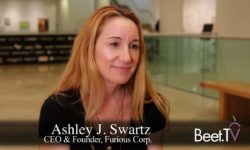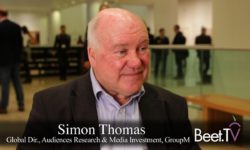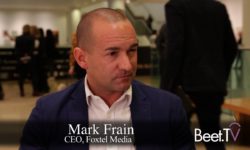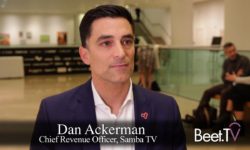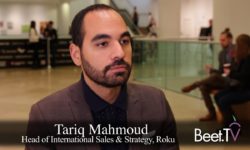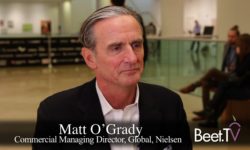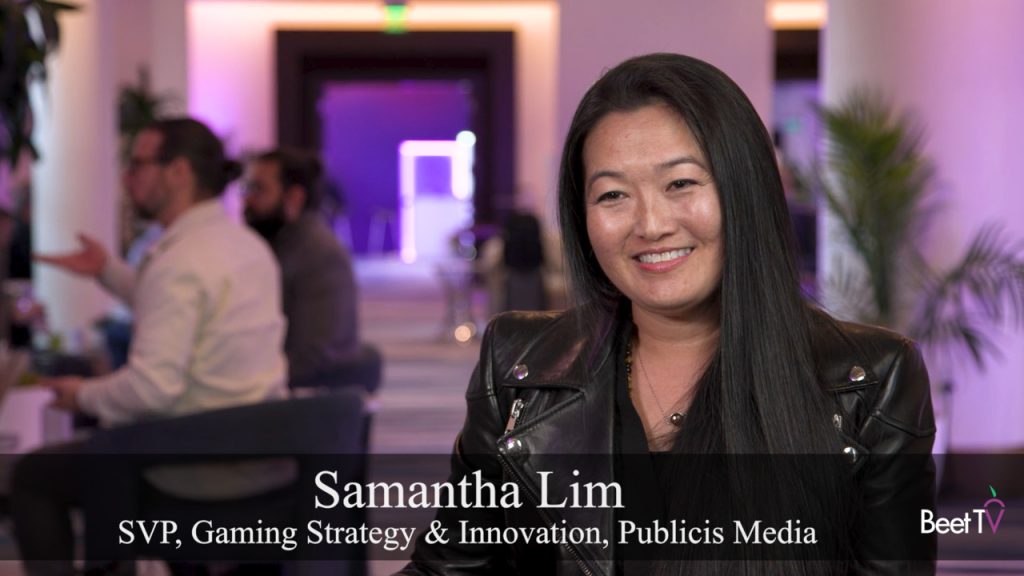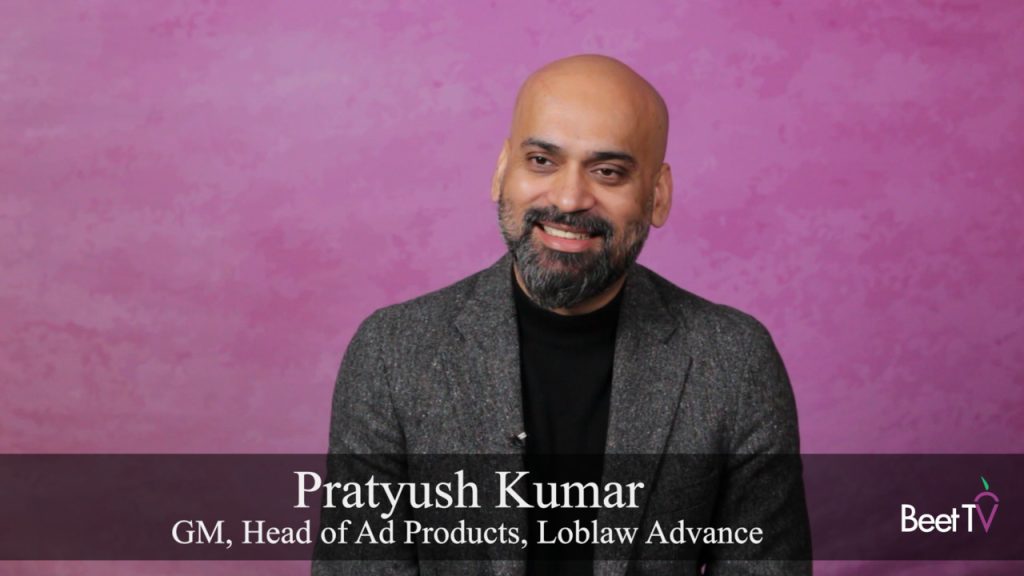LONDON – The US advertising industry could take a lesson from the European market and learn how to cooperate across divisions, according ot Ashley J. Swartz, CEO and founder of Furious Corp.
Swartz spent time in London interviewing industry executives based in the UK and the rest of Europe for Beet.TV ad the Future of TV Ads global forum. What stuck out to her during those conversations was the market’s willingness to work together. “It is in the DNA of the European market and the UK to cooperate,” Swartz tells Beet.TV. That cooperation includes following Open AP in the US, setting up audience segments, definitions and data sets across sales houses and standardizing the operations of addressable throughout the process. That has positive results.
“What I see ultimately is the sell-side of the value chain and the technology enablers and the sales houses are willing to do the work for buyers to make addressable actionable and meaningful faster. That is a lighthouse for us in the US if we look forward.”
Industry-wide privacy and security policies like GDPR are also having positive benefits for the ad market in the UK, says Swartz. Instead of limiting or holding advertisers back, it’s set universal standards that advertisers have the freedom to function within. That’s better than the alternative of privacy standard fragmentation, which is at risk of happening in the US. If California passes GDPR, Swartz points out, that could cause a chain reaction of state-by-state privacy laws that would be a headache for the huge market in the US. The incentive for every company to differentiate by building their own individual data sets only exacerbates fragmentation.
“We don’t see a concerted initiative across the US market to make addressable media easier for buyers and for brands, which I believe is going to continue to hold us back,” says Swartz. “We’ve seen incredible consolidation, so even though we have one-stop solutions and one-stop marketplaces, that maybe are aggregating more inventory, we haven’t necessarily made it easier for buyers and brands.”
Swartz believes that progress could be made as we enter 2020, a year set to break the record for political advertising dollars spent at an estimated $10 billion. “I’m hopeful that the collaborative spirit will come to the US because of the opportunity that lies in 2020 with political,” she says. “We’ll see a change of mindset going forward.”
This video was produced in London at the Future of TV Ads Global forum in December 2019. This series is sponsored by Finecast, the global addressable TV company that is part of WPP. For more videos from the series, please visit this page.







